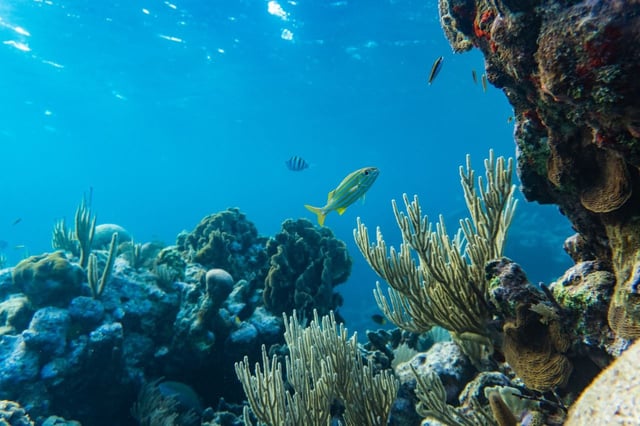Overview
- Morocco’s ratification, following Sri Lanka, Sierra Leone and Saint Vincent and the Grenadines, pushed the UN BBNJ pact past the required 60 approvals, drawing praise from António Guterres.
- The agreement covers waters beyond national jurisdiction—roughly two thirds of the ocean—and enables legally binding tools for conservation and sustainable use.
- Key provisions include the ability to establish marine protected areas, mandatory environmental impact assessments, equitable benefit‑sharing of marine genetic resources, and technology and capacity support for developing states.
- Implementation will take time, with the first meeting of the new body expected in 2026 and experts saying the earliest high‑seas protected areas are unlikely before 2028–2029.
- Participation by major powers remains uneven, with Russia outside the pact and U.S. ratification uncertain, while Argentina has signed but not yet ratified and plans to send the treaty to Congress.



